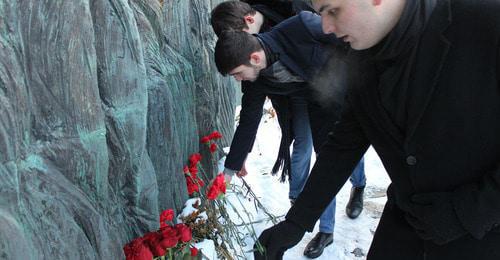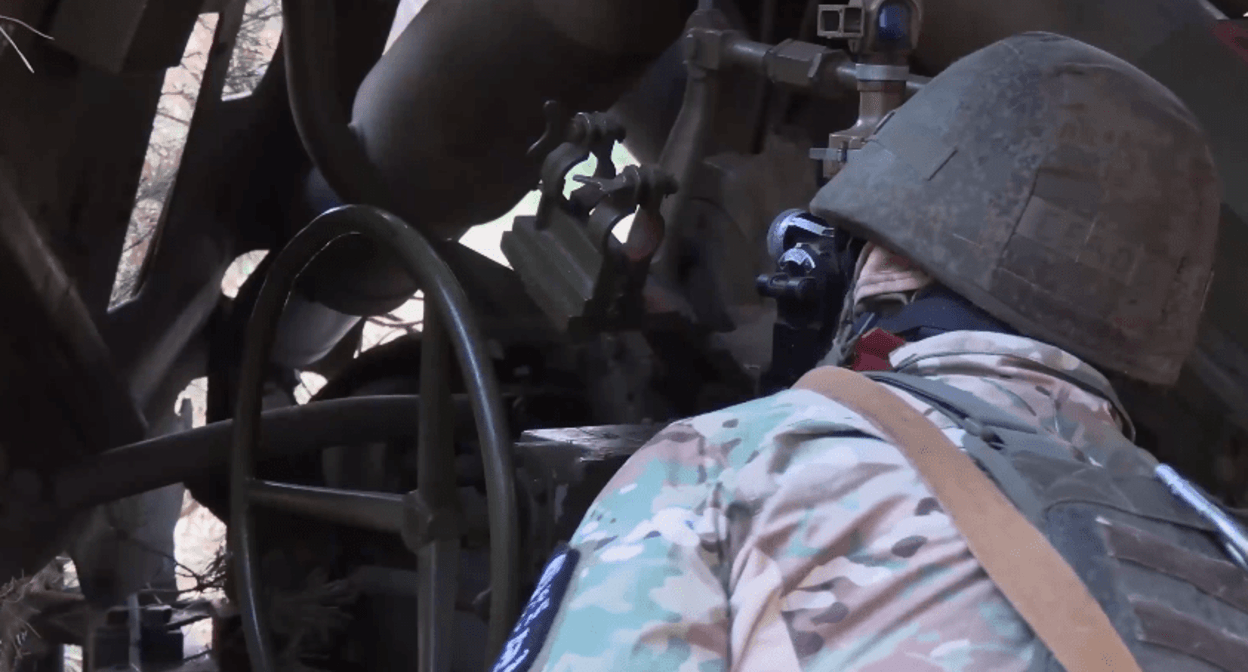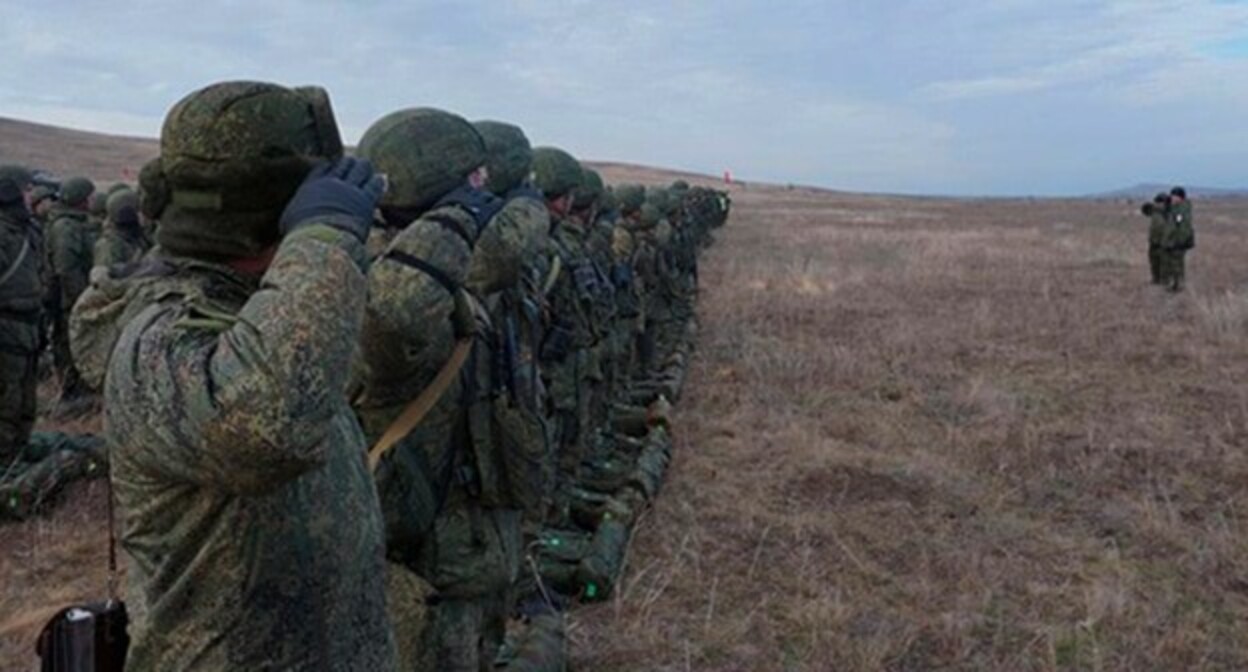Anniversary of Ingushes' deportation reminds about country's course towards Stalinization
The secret status of archival materials on deportation allows now, 74 years later, to distort the number of victims and strengthen the myths about mass treason and desertion of Ingushes, historians and publicists have lamented on the eve of February 23, the day of mourning for the victims of deportation in Ingushetia.
Today, a commemoration action of the Ingushes, deported on February 23, 1944, was held at the memorial "Wall of Sorrow" in Moscow.
The operation under the coded name of "Chechevitsa" (lentils), during which nearly 500,000 people were evicted from Chechnya and Ingushetia to Kazakhstan and Central Asia, was held from February 23 to March 9, 1944. Mass desertions, evading the conscription at wartime and a preparation of an armed uprising in the Soviet rear were announced as the grounds for the deportation.
The head of Ingushetia, Yunus-Bek Evkurov, has noted that the deportation was a tragedy for the whole nation, and, in particular, affected his own family.
According to Makka Albogachieva, a historian and a senior researcher at the Museum of Anthropology and Ethnography of the Russian Academy of Sciences (RAS), there are several myths associated with the deportation, said. "The main myth is that people were deported for their betrayal and collaboration with Nazis, although there were no Germans in the areas, from where people were deported," she explained.
She believes that the spread of disinformation is the fact that deportation archives are still closed.
Yakub Patiev, the former Minister of Foreign Relations, National Policy, Press and Information of Ingushetia, has noted that Stalin's actions against Ingushes were justified by various reasons.
Full text of the article is available on the Russian page of 24/7 Internet agency ‘Caucasian Knot’.
Source: CK correspondent







![Tumso Abdurakhmanov. Screenshot from video posted by Abu-Saddam Shishani [LIVE] http://www.youtube.com/watch?v=mIR3s7AB0Uw Tumso Abdurakhmanov. Screenshot from video posted by Abu-Saddam Shishani [LIVE] http://www.youtube.com/watch?v=mIR3s7AB0Uw](/system/uploads/article_image/image/0001/18460/main_image_Tumso.jpg)